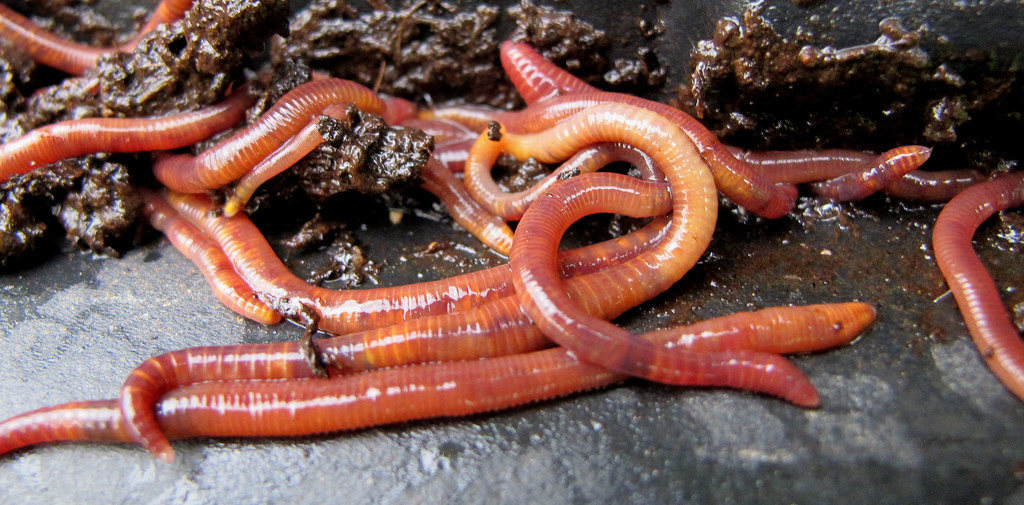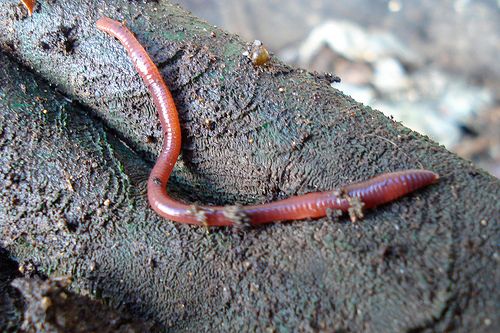Lake Hickory Bait Provides the Tools You Need for a Perfect Lawn
Lake Hickory Bait Provides the Tools You Need for a Perfect Lawn
Blog Article
Just How Red Wigglers Can Transform Your Composting Experience
The combination of red wigglers right into composting techniques supplies a transformative method to throw away management and soil enrichment. Understanding the particular demands and advantages connected with keeping a flourishing worm population is crucial for maximizing their potential.
Advantages of Red Wigglers
Red wigglers, medically called Eisenia fetida, are a keystone of reliable composting systems as a result of their remarkable capacity to decay raw material effectively. These worms excel in changing kitchen scraps, backyard waste, and other natural products into nutrient-rich compost, generally referred to as worm castings. Lake Hickory Bait. This procedure not just lowers garbage dump waste however additionally contributes to lasting gardening techniques
One of the primary benefits of red wigglers is their high recreation rate, enabling them to populate a composting environment rapidly. This fast multiplication enhances disintegration prices, causing faster garden compost production. Additionally, red wigglers flourish in a diverse variety of conditions, making them versatile to various composting arrangements.

Establishing Up Your Worm Bin
(Hickory NC Worms For Sale)To create a reliable worm bin for composting, mindful focus should be provided to its layout and atmosphere. A suitable worm bin should be created of products that are resilient yet enable necessary air movement, such as plastic or timber. The dimension of the bin can vary, but a volume of about 1 square foot per pound of worms is a good beginning factor.
Ensure that the container has drain holes to protect against water accumulation, which can lead to anaerobic problems harmful to the worms. Furthermore, incorporating ventilation holes will certainly aid preserve correct moisture levels and oxygen circulation.
Next, it is necessary to supply bedding for the worms, which can include shredded newspaper, cardboard, or coconut coir. This bed linen not only offers an environment for the worms yet likewise help in moisture retention.
Setting the worm bin in an area that keeps a temperature level variety of 55-77 ° F(13-25 ° C) to enhance worm task. Prevent placing the container in direct sunlight or severe temperatures. By adhering to these guidelines, you can create a helpful environment for red wigglers, enhancing the effectiveness of your composting process.
What to Feed Your Worms

(Red Wiggler Express)Red wigglers particularly enjoy soft, wet foods like watermelon rinds, cucumber peels, and banana peels. It is crucial to avoid feeding them citrus fruits, onions, and garlic, as these can be detrimental to their health. Furthermore, cooked foods, dairy products, and meat should be strictly stayed clear of, as they can cause odors and bring in insects.
Providing a constant feeding schedule will certainly help keep your worm population prospering while improving the total efficiency of your composting efforts. By recognizing what to feed your worms, you lay the groundwork for a successful and sustainable composting experience.
Maintaining a Healthy Habitat
Creating a prospering composting atmosphere for red wigglers calls for attention to their environment, as it directly influences their health and wellness and efficiency. The ideal environment needs to preserve a balanced wetness level, commonly in between 60-70%. Excessive moisture can result in anaerobic problems, while inadequate wetness might dehydrate the worms.

The bed linens product in the compost must vary and shredded, including products like cardboard, paper, and coconut coir. This not just provides a comfortable atmosphere but additionally functions as a food resource. Lake Hickory Bait. Frequently examining for odors or indications of pests can aid recognize prospective issues before they intensify
Lastly, preserving a well balanced pH level, preferably between 6 and 7, makes sure a favorable habitat for red wigglers, cultivating their capability to process raw material effectively. By dealing with these elements, you can develop a sustainable and effective composting ecological community.
Harvesting and Making Use Of Compost
Collecting compost from a worm bin is a gratifying process that changes organic waste right into nutrient-rich product for gardens and plants. When the composting cycle is total, typically after 8-12 weeks, it's time to collect the vermicompost. The initial step involves separating the red wigglers from the finished garden compost. This can be done using techniques such as the "light" technique, where Discover More worms are drawn in to light and can be scooped far from the leading layers, or by moving the garden compost away of the container and adding fresh bed linen to the opposite side, urging the worms to migrate.
Once the worms are gotten rid of, the remaining garden compost can be sorted to eliminate any bigger bits or undecomposed material. The final item should have a dark, crumbly structure and an enjoyable earthy scent, indicating that it is ready for usage. This rich garden compost can be used straight to garden beds, mixed into potting soil, or utilized as a leading dressing for potted plants. By incorporating vermicompost right into your gardening methods, you not only enhance dirt fertility yet additionally advertise healthy plant growth and lasting gardening approaches.
Final Thought
Including red wigglers right into composting methods significantly boosts the decomposition process and contributes to the manufacturing of nutrient-rich vermicompost. The resulting worm castings improve dirt framework, fertility, and microbial activity, eventually advertising much healthier plant development.
Report this page